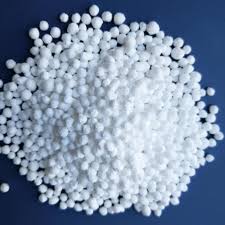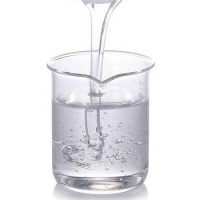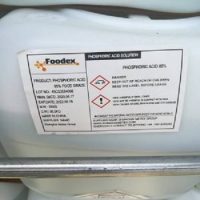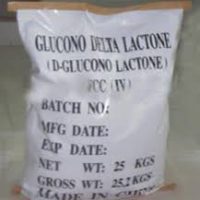Potassium Citrate
- CAS Number: 7440-09-7
- Appearance: Solid
- Purity:%
- Made in: China
- Phone Num : +86-2150591759
- E-mail: info@shanghaimetex.com
- Description
- analysis
- shipping & delivery
Description
Potassium citrate, also known as tripotassium citrate, is a food additive used to regulate food acidity. Potassium is an inorganic found in many foods and helps regulate the function of various organs in the body, especially the heart rate. Potassium citrate is a potassium salt of citric acid that has medical and industrial applications. This chemical compound is added to everything from processed foods to medicines and can act as a buffering and diuretic agent. This chemical compound is added from processed foods to medicines and can act as a buffering and diuretic agent.

Physical and Chemical Properties:
The potassium salt of citric acid with molecular formula C6H5K3O7 is in the form of white powder crystals. It is odorless with a salty taste and hydrophilic and can absorb and retain a small amount of water. The compound is soluble in water and glycerin and insoluble in ethanol.
The most important physical and chemical properties of this compound can be summarized in the following table:
| Chemical formula | C6H5K3O7 |
| Molar mass (g/mol) | 306.395 |
| Appearance | solid |
| Density (g/cm3) | 1.98 |
| odor | odorless |
| Taste | Cooling, salty taste |
| Melting Point (°C) | 180 (356 °F; 453 K) |
| Boiling point (°C) | 230 (446 °F; 503 K) |
| Solubility in water | soluble |
| Solubility | soluble in glycerin, insoluble in ethanol |
| PH | Between 7.5 and 9.0, about 8.5 |
| Color | white |
| Form | Crystals, granules, or powders |
| Other names | Tripotassium 2-hydroxypropane-1,2,3-tricarboxylate |
| Chemical Structure Depiction |  |
Potassium Citrate Production Process:
Potassium citrate is produced by neutralizing citric acid. The addition of potassium bicarbonate, potassium carbonate, or potassium hydroxide leads to the formation of potassium citrate crystals. These crystals are separated from the solution and used as a food additive.
Applications and Uses of Potassium Citrate:
- As a food additive, it is used to regulate the acidity of foods and as a preservative.
- This product is also added as a buffer to sweet drinks.
- Potassium citrate specifically causes alkaline effects in the body and helps balance urine pH levels.
- In medicine, this substance is prescribed to control kidney stones caused by cysteine or uric acid.
- Potassium citrate in bodybuilding as an electrolyte helps control muscle and nerve function. And it helps our heart rate and affects the balance of our body fluids.
- Used in baby care products, hair dyes, soaps and detergents, cosmetics, and skincare products.
Potassium Citrate in the Food Industry:
This compound is the potassium salt of citric acid, which is mostly used as an effective alternative to sodium citrate. potassium citrate is used in the composition of foods that should be low in sodium. Because too much sodium increases the risk of heart attack, the inclusion of foods containing potassium citrate in the diet is a simple solution to prevent health problems caused by high sodium intake.
The main reason for adding potassium citrate as a food preservative is its buffering properties. Depending on the concentration of this substance, the natural pH is between 7.5 and 9. Maintaining the pH in this alkaline state can inhibit the function of some enzymes and keep food for longer.
This combination also affects the taste of foods and beverages. The sour taste of potassium citrate masks the acidic taste of carbonated drinks and gives them a more balanced sour taste.
Some processed dairy products, such as cheese, require emulsifying additives so that their components do not separate. This compound is a good emulsifier and helps to increase the consistency and improve the appearance of the cheese.

Side Effects:
Side effects of potassium citrate medications can include irregular heartbeat, muscle weakness, severe stomach pain, and abdominal discomfort, nausea, vomiting, diarrhea, elevated potassium levels, and rarely cardiac arrest.
Packing and Storage:
Store in tightly closed containers at controlled room temperature, (15° – 30°C). Protect from excessive heat or freezing.
analysis












